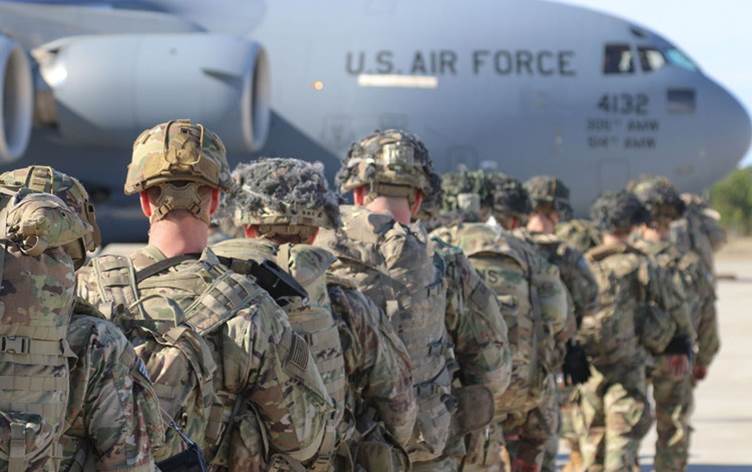ERBIL, Kurdistan Region - Ending the mission of the United States-led global coalition against the Islamic State (ISIS) in Iraq will be achieved during the current cabinet, said a government spokesperson on Sunday, noting that the process has already been set in motion.
“The prime minister has pledged that the coalition’s mission will end during his current government term and this will be done and achieved,” Iraqi government spokesperson Basem al-Awadi told state media. “The journey towards ending the international coalition’s mission in Iraq has been put on track.”
Prime Minister Mohammed Shia’ al-Sudani on Saturday presided over the first round of talks of the joint US-Iraq Higher Military Commission (HMC), the purpose of which is to evaluate the coalition’s future role in Iraq based on the level of ISIS threat, operational and environmental requirements, and the capabilities of Iraqi security forces.
The Iraqi government has repeatedly said it wants to end the presence of foreign military forces in the country in light of a series of US retaliatory strikes targeting state-linked militia groups that are backed by Iran.
Awadi referred to the launch of the HMC as “a very big dream,” adding that “this coalition cannot remain indefinitely.”
The spokesperson echoed Sudani’s remarks at the World Economic Forum in Davos that ending the coalition’s mission is necessary for maintaining both Iraq’s stability and positive bilateral relations with the member states of the coalition.
“A part of terminating the coalition forces’ mission is to not have any [foreign] forces on Iraqi territory and moving to a new stage of military and security cooperation,” said Awadi, noting that all tasks currently being done by the coalition will be transferred to Iraq’s armed forces.
Baghdad’s language has been clear that the commission’s aim is to bring an end to the presence of the coalition forces in the country, while Washington has described the step as a “transition” in the forces’ roles.
The US security relationship with Iraq fully transitioned into an advising and assisting role in December 2021, triggered by Baghdad's anger over US actions that the Iraqi government deemed a violation of its sovereignty, most notably the assassination of Iranian commander Qasem Soleimani and deputy chief of Iraq’s Popular Mobilization Forces (PMF) Abu Mahdi al-Muhandis in Baghdad in early 2020.
Iran-aligned groups are leading the charge to force US troops out of the country. The militias have struck bases housing the international coalition in Iraq and Syria with rockets and drones over 140 times since October 17, against the backdrop of Washington’s support for Israel in its war on the Gaza Strip. US forces have responded with several retaliatory strikes that have killed at least 12 members of the PMF. The Iraqi government has repeatedly condemned the strikes as a violation of its sovereignty.








Comments
Rudaw moderates all comments submitted on our website. We welcome comments which are relevant to the article and encourage further discussion about the issues that matter to you. We also welcome constructive criticism about Rudaw.
To be approved for publication, however, your comments must meet our community guidelines.
We will not tolerate the following: profanity, threats, personal attacks, vulgarity, abuse (such as sexism, racism, homophobia or xenophobia), or commercial or personal promotion.
Comments that do not meet our guidelines will be rejected. Comments are not edited – they are either approved or rejected.
Post a comment